DJI Avata 360 Clears FCC Hurdle With 34 Days Until Potential Ban Deadline
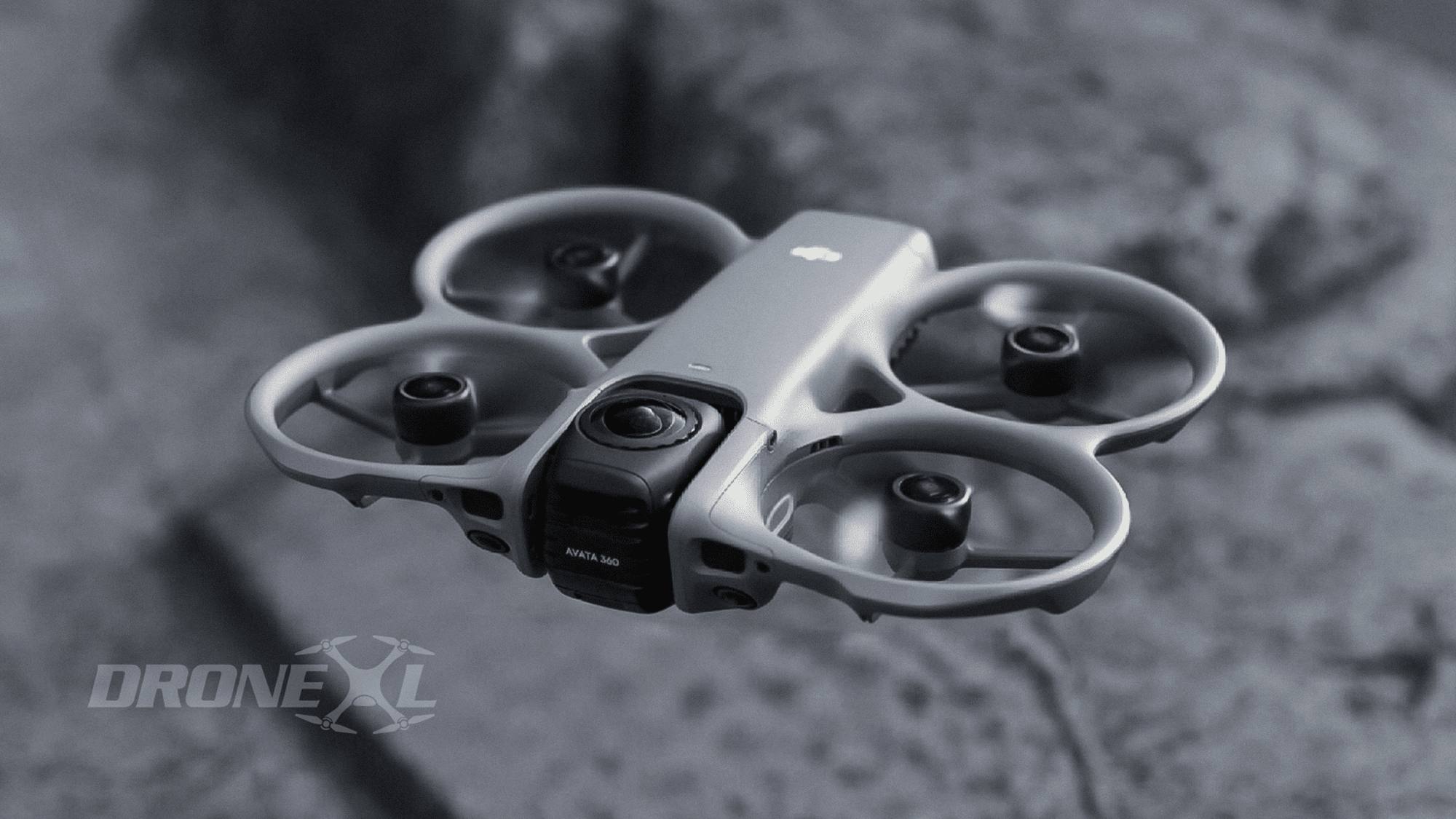
Check out the Best Deals on Amazon for DJI Drones today!
The DJI Avata 360 has secured FCC certification on November 19, 2025, clearing the regulatory hurdle that allows the company to legally sell its groundbreaking 360-degree FPV drone in the United States. But there’s a catch: this approval comes just 34 days before a December 23 deadline that could automatically ban all future DJI product launches in America.
The timing transforms what would normally be routine regulatory paperwork into a high-stakes race against the clock.

Why This FCC Approval Matters Now
The FCC filing under model number DVN3NT confirms DJI’s first consumer drone capable of capturing 8K 360-degree video while also functioning as a traditional FPV racing drone. The dual-purpose design features a camera housing that rotates 90 degrees, letting pilots switch between immersive 360-degree footage and forward-facing FPV flight with a button press.
This isn’t just another product certification.
Section 1709 of the 2025 National Defense Authorization Act requires a U.S. national security agency to complete a security review of DJI by December 23, 2025. If no agency finishes the review, DJI automatically joins the FCC’s Covered List, blocking new drone imports. No federal agency has confirmed they’re conducting the mandated security assessment.
The Avata 360’s FCC approval means DJI can legally launch this product before that deadline hits. After December 23, without an audit, new DJI products would be locked out of the U.S. market entirely.
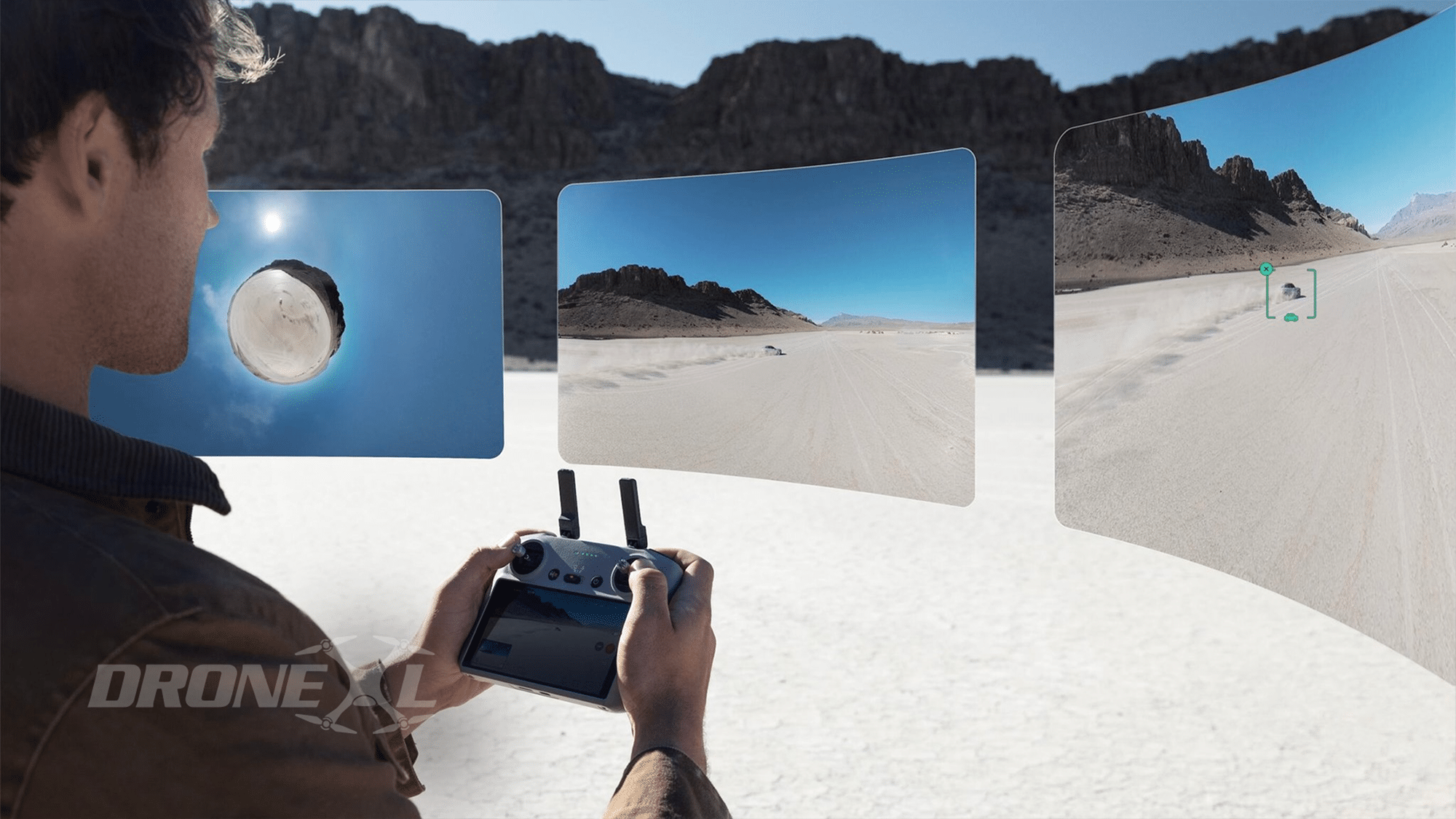
What Makes the Avata 360 Different
DroneXL’s Jasper Ellens leaked promotional images of the Avata 360 on November 10, revealing a multipurpose FPV drone that captures 8K 360-degree video like the DJI Osmo 360 but also flies as a normal FPV drone when the camera rotates to face forward.
From the FCC documents and earlier leaks we can now confirm several key specifications:
Battery: 38.67Wh (14.32V), representing a 26% capacity increase over the Avata 2’s 31.7Wh battery. Flight time estimates suggest up to 25 minutes based on the larger power capacity.
Camera System: Dual 1/1.1-inch CMOS sensors for 360-degree 8K video capture at 50fps, with 4K/120fps standard video and 38MP panoramic still photos.
Obstacle Avoidance: Four front-facing sensors combining visual cameras and LiDAR, plus two side sensors for omnidirectional sensing during high-speed flight. The advanced tracking system should excel at following cyclists and vehicles.
Connectivity: The drone uses OcuSync 4.0 for up to 20km (12.4 miles) transmission range with the DJI Goggles N3 and RC Motion 3 controller.
Weight: Approximately 377 grams (some say less than 250 grams but that seems unlikely).
The rotating camera mechanism sets the Avata 360 apart from competitors like the Insta360 Antigravity A1, which requires integrated landing gear and stitches footage from two sensors even in forward-facing mode.
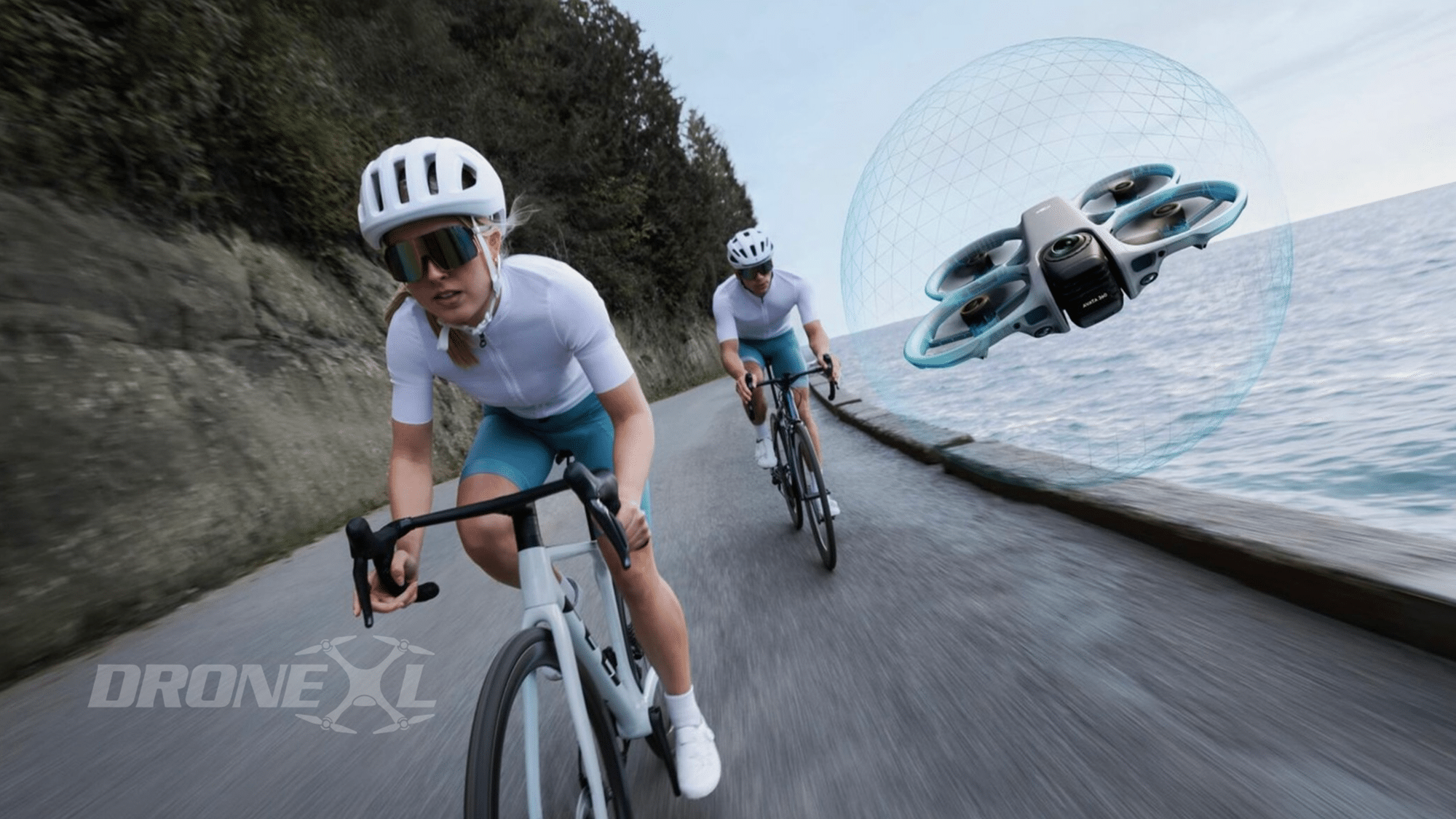
Competitive Positioning Against Insta360
Insta360 announced the Antigravity A1 in August 2025 for a January 2026 release, positioning it as the world’s first 360-degree camera drone. DJI’s FCC approval suggests the Avata 360 could launch in December, potentially beating Insta360 to market.
The Antigravity A1 uses integrated landing gear and can only capture 360-degree footage. The Avata 360’s ability to switch to traditional forward-facing FPV flight makes it more versatile for pilots who want both cinematic 360-degree shots and conventional FPV racing capabilities.
Leaked pricing suggests a $999 Fly More Combo for the Avata 360, though DJI has not confirmed official pricing.
The December 23 Deadline Explained
The FCC granted itself unprecedented retroactive ban powers in an October 28 vote, allowing the Commission to revoke previously approved equipment when companies join the Covered List. This authority goes beyond the Huawei precedent, where existing authorizations remained valid after that company was added to the list.
DJI is not currently on the FCC’s Covered List, meaning the retroactive enforcement powers have no immediate effect. But December 23 changes everything.
The NDAA mandated that a national security agency determine whether DJI poses “an unacceptable risk to national security” by December 23, 2025. No agency has begun the assessment despite DJI sending letters to five agencies in March 2025 requesting the review.
If no audit occurs, automatic Covered List addition triggers. New DJI products would be banned. Existing DJI drones remain legal to fly, but firmware updates, replacement parts, and warranty support could become limited.
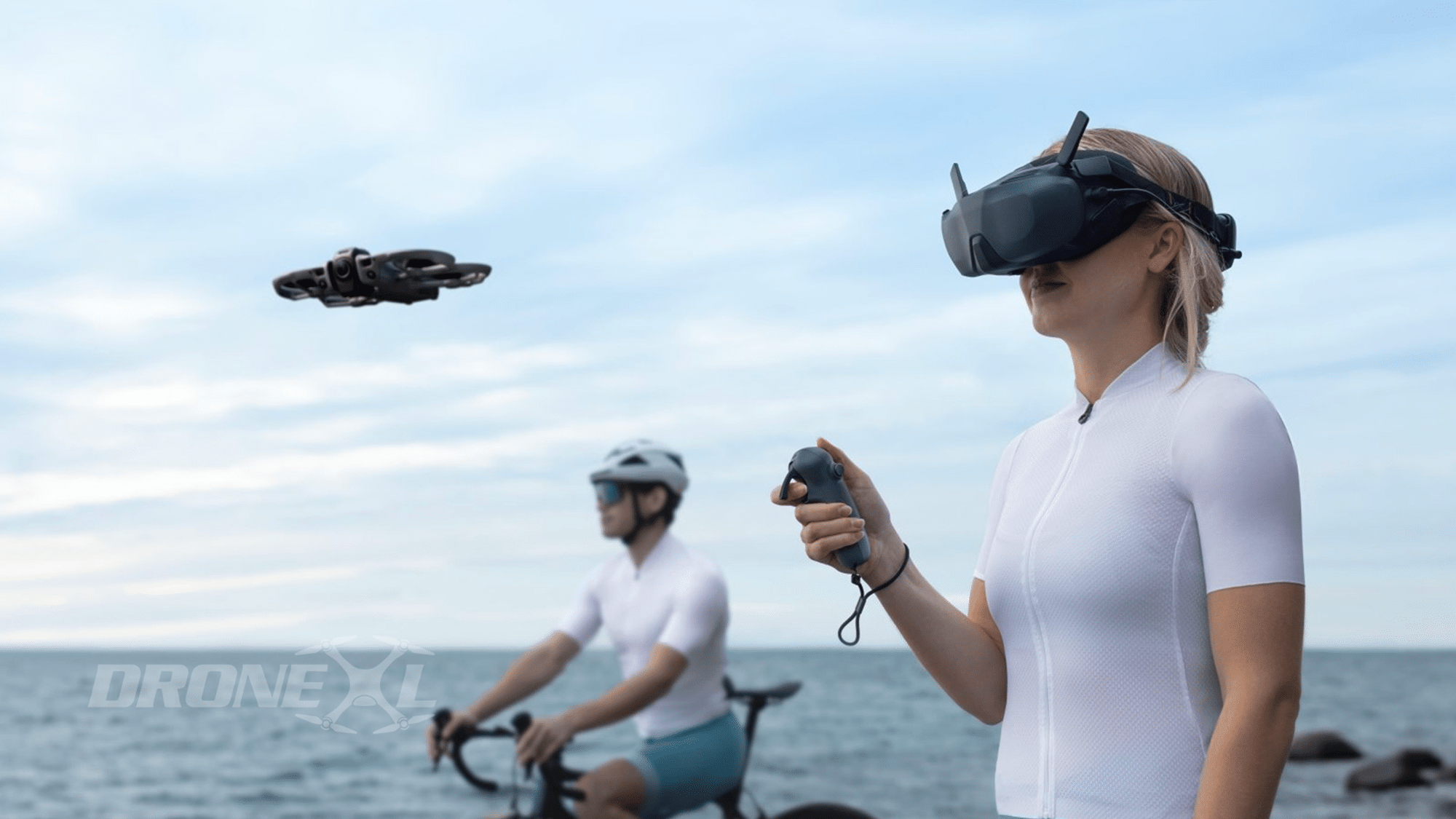
DJI’s Beat-The-Clock Strategy
The Avata 360 FCC approval represents part of a broader strategy to maximize U.S. market presence before regulatory restrictions hit. DJI has accelerated product launches throughout 2025, including:
- DJI Mini 5 Pro (FCC approved May 2025)
- DJI Neo 2 (launched globally November 13, but not available in U.S.)
- DJI Mavic 4 series (FCC approved December 2024, just before cutoff)
The company is reportedly rushing to launch additional products in December, including the rumored DJI Osmo Pocket 4.
Products that receive FCC authorization before December 23 can continue to be sold in the U.S. market even if DJI joins the Covered List, based on the Huawei precedent. However, the FCC’s new retroactive ban powers could theoretically allow revocation of those authorizations if national security concerns emerge.
DroneXL’s Take
The DJI Avata 360’s FCC approval demonstrates something important: despite the political pressure, DJI products still pass legitimate U.S. safety and interference testing. The FCC certification process examines radio frequency emissions, wireless interference, and electromagnetic compatibility. The Avata 360 cleared those technical hurdles.
What it doesn’t do is answer the fundamental question Congress mandated: does DJI actually pose a national security threat?
We’ve been tracking this December 23 deadline since the FCC granted itself retroactive ban powers in late October. Nearly a year has passed since the NDAA established this one-year review window, and according to multiple reports, no federal agency has formally begun the security assessment.
The automatic ban mechanism represents a troubling precedent: a company controlling 76-90% of the U.S. consumer drone market faces prohibition not through evidence-based findings, but through bureaucratic inaction. The NDAA required a determination about whether DJI poses “an unacceptable risk to national security,” not an automatic ban triggered by administrative neglect.
As we documented in our shell company investigations, DJI has been building a network of proxy companies like Skyany, Skyrover, Cogito, and others to circumvent potential restrictions. The FCC’s October 28 vote closed loopholes that allowed those shell companies to use DJI components while avoiding Covered List restrictions.
The Avata 360 certification shows DJI is playing by U.S. rules, submitting products for legitimate regulatory review and obtaining proper authorizations. But playing by the rules may not matter if the automatic deadline triggers without any security audit occurring.
For American FPV pilots and content creators, the DJI Avata 360 could represent the last DJI innovation they’ll see for years. The drone offers capabilities no American manufacturer currently provides at any price point: 8K 360-degree video, advanced LiDAR-based obstacle avoidance, and 20km transmission range in a sub-400-gram package.
Similar patterns played out with Chinese electric vehicles, where U.S. policy prioritized protectionism over consumer access to affordable, high-quality products. The drone industry now follows the same trajectory.
The December 23 deadline creates urgency for pilots considering DJI purchases. Products certified before that date should remain available even if DJI joins the Covered List, though long-term support remains uncertain. The Avata 360 represents either one of the last DJI innovations American pilots will see, or evidence that cooler heads could still prevail.
A credible security assessment requires time for evidence review and meaningful dialogue. The original legislation called for a thorough, evidence-based determination. Thirty-four days barely allows adequate analysis, much less the comprehensive audit Congress mandated.
What do you think? Should DJI face automatic restriction without completing the security review Congress ordered? Share your thoughts in the comments below.
Discover more from DroneXL.co
Subscribe to get the latest posts sent to your email.
Check out our Classic Line of T-Shirts, Polos, Hoodies and more in our new store today!

MAKE YOUR VOICE HEARD
Proposed legislation threatens your ability to use drones for fun, work, and safety. The Drone Advocacy Alliance is fighting to ensure your voice is heard in these critical policy discussions.Join us and tell your elected officials to protect your right to fly.
Get your Part 107 Certificate
Pass the Part 107 test and take to the skies with the Pilot Institute. We have helped thousands of people become airplane and commercial drone pilots. Our courses are designed by industry experts to help you pass FAA tests and achieve your dreams.

Copyright © DroneXL.co 2026. All rights reserved. The content, images, and intellectual property on this website are protected by copyright law. Reproduction or distribution of any material without prior written permission from DroneXL.co is strictly prohibited. For permissions and inquiries, please contact us first. DroneXL.co is a proud partner of the Drone Advocacy Alliance. Be sure to check out DroneXL's sister site, EVXL.co, for all the latest news on electric vehicles.
FTC: DroneXL.co is an Amazon Associate and uses affiliate links that can generate income from qualifying purchases. We do not sell, share, rent out, or spam your email.




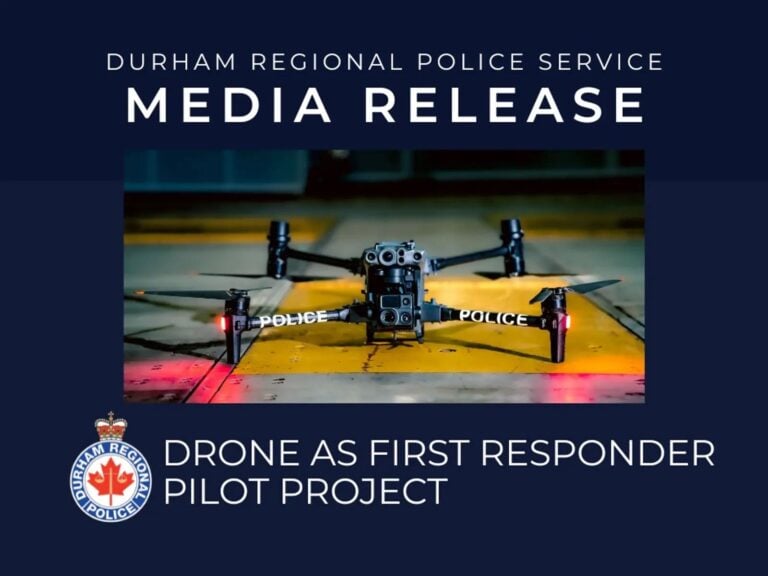
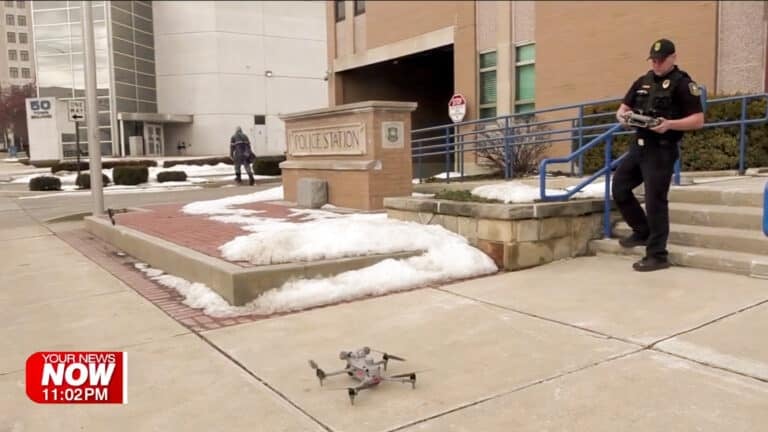
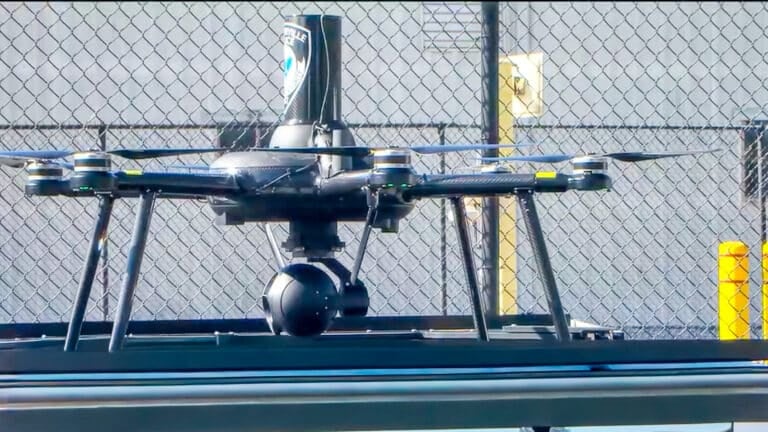

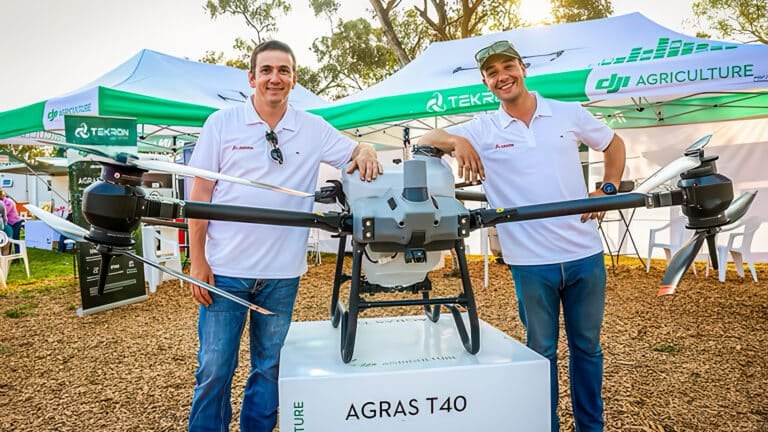

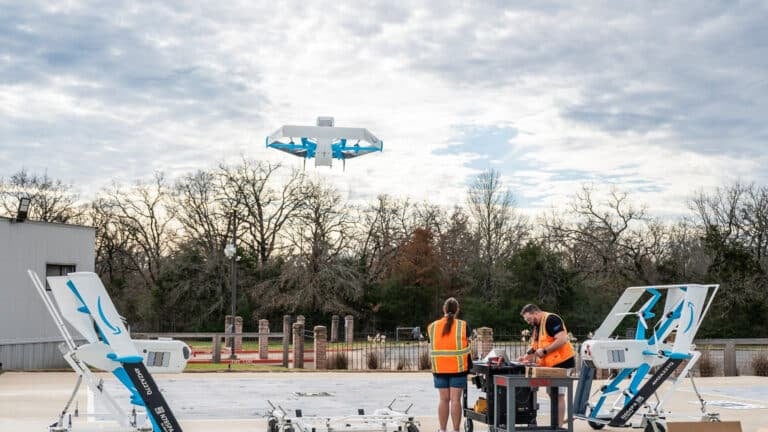
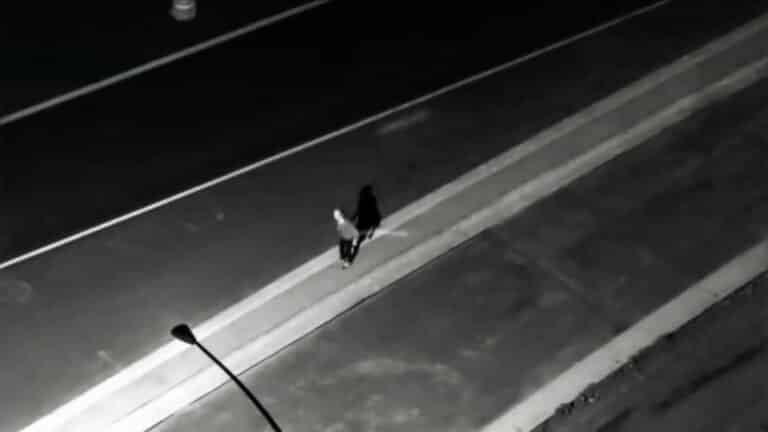
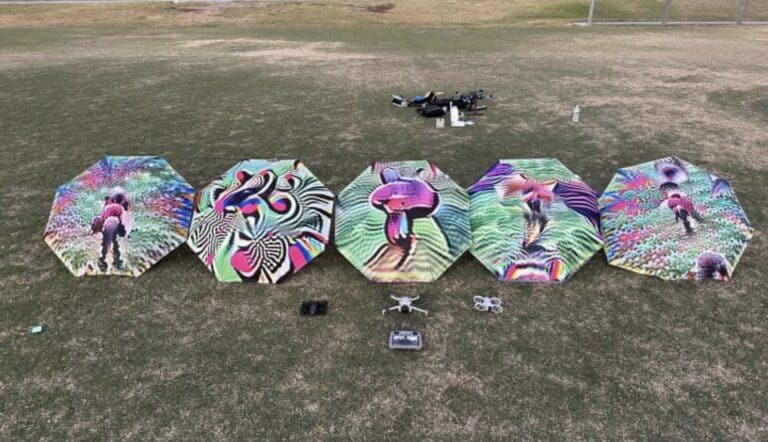
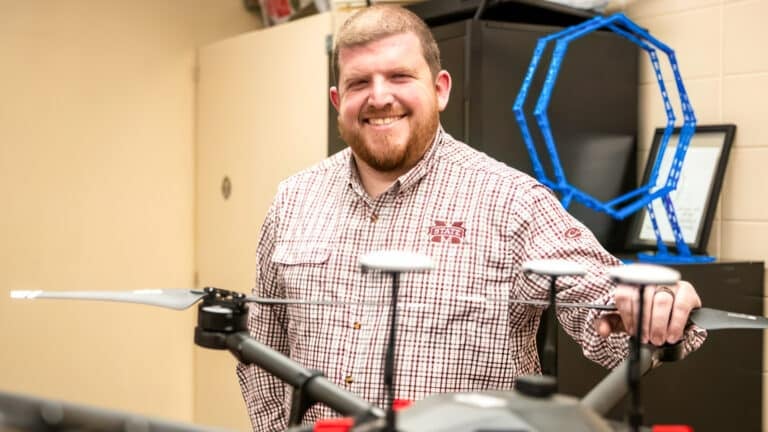
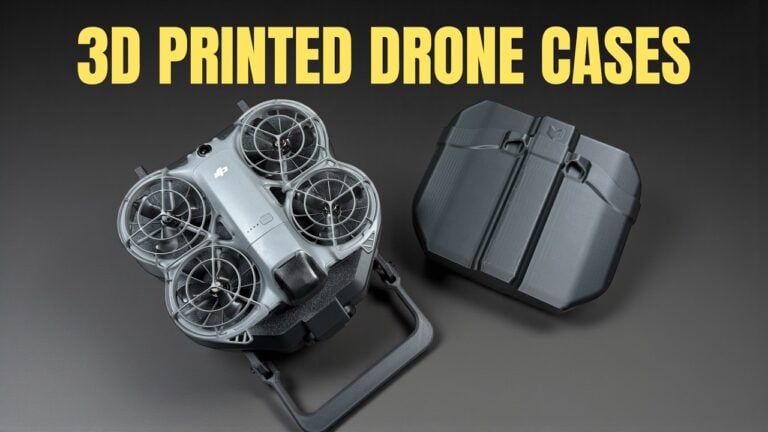
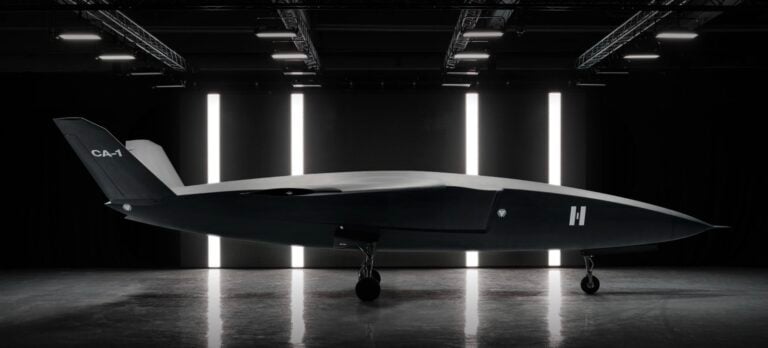

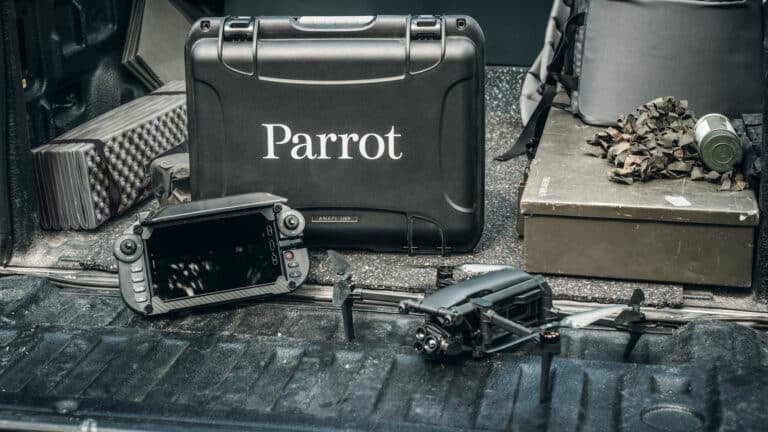
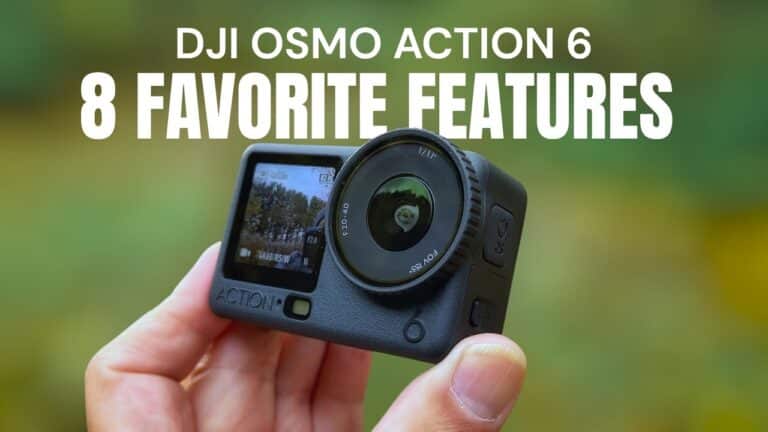
The fcc id is broken, correct one: https://www.fccidlookup.com/fccid/SS3-DVN3NT
Thank you!
The DJI Ban reminds of how they might test a person to see if they were a witch during the inquisition – we will load her up with rocks and throw her in the river and if she floats she is a witch …… and if she sinks ….. well I guess we were wrong.
For me, it’s all down to one number: weight.
The current Avata 2 is 350g. That’s over the 250g limit that defines microdrones like the Flip, Mini 4 Pro and the Neo 2, Over that line you have to register the drone, get pilot certification and are subject to many more restrictions as to where you can fly it, which for what is basically a recreational drone, makes it essentially useless. If the Avata 360 is over 250g – much like the Mini 5 Pro (which is advertised as 249.9 +/- 4g but seems to ship at 251-254g making it over the limit in most countries except the EU which gave it a waiver), it’s going to be passed over by many law biding drone ops.
The Antigravity, on the other hand, makes it very clear: the A1 is not only under 250g, it won’t even fly if you add things to it that take it over 250g, and should come in around the same price.
I’d prefer the Avata 360 – but I do have an option that doesn’t require breaking the law or having a ton of restrictions on my use.
May be there is a validity with the ‘security risk’, some hidden not easily detected firmware could be activated. with the prevalence of these drones, the risk is greater. However, is not satellite images are more practical?
While working at IT field deploying new desktop PCs, I had seen a PC, fresh out of the box, booting up into bones and skulls ASCII image, for a fraction of a second, then proceeded into the boot menu and so forth. Never seen that behavior again from the same PC.
Yet, is not all of our electronics are hackable? I know of a deceased person, whose phone was hacked remotely at the firmware level. No reinstalling of the Android OS would wipe out this hack. This person was driven into madness by this hack, which was the purpose of it.
The obvious, at the least, what everyone most likely is feeling is that it is not about any ‘security risk’ this ban against DJI.
We are in a third world war already, the West vs the the Non West, at least from the perspective of the West or the US. The obvious is that the US had declared a war against Humanity en masse. This ban is to circumvent a financial gain, a glory product and ability that rivals the US, from a rising international power unseating the uni-polar mess we do have today. A jealousy thing perhaps, and doing the savage to assure not to lose one seat. Yet, nothing lasts forever, nor empires.
Acreditam que o óculos do avata 2 (Óculos DJI Goggles 3) será compatível?